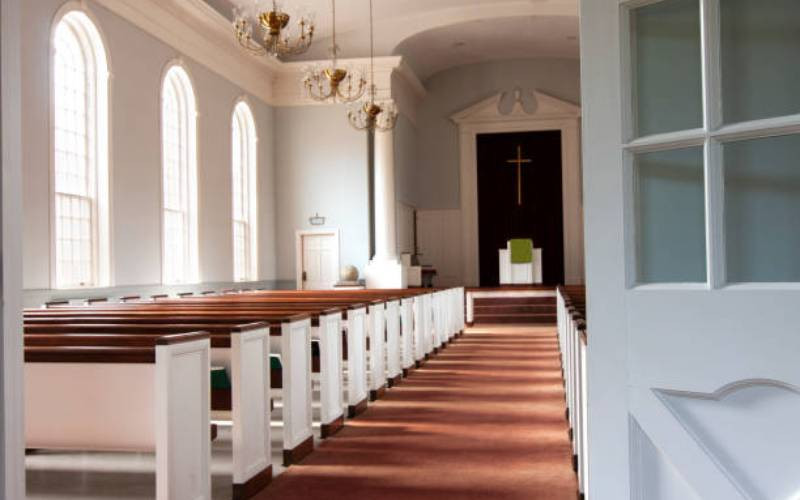
The controversy around the institution of the church is nothing new. Kenya is particularly notorious for rogue preachers. For a country grappling with high levels of poverty, a corrupt government and considerable levels of illiteracy, religious fanaticism is almost a given.
Home to about 4,000 churches, Kenya is a largely religious nation, conditions that make the country ripe and open to cases of exploitation of unsuspecting worshipers. Calls for the government to regulate the faith sector have been rampant in recent days, courtesy of the gruesome occurrences in Shakahola village, Kilifi County.